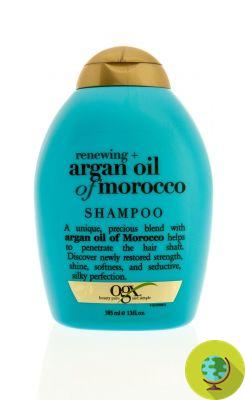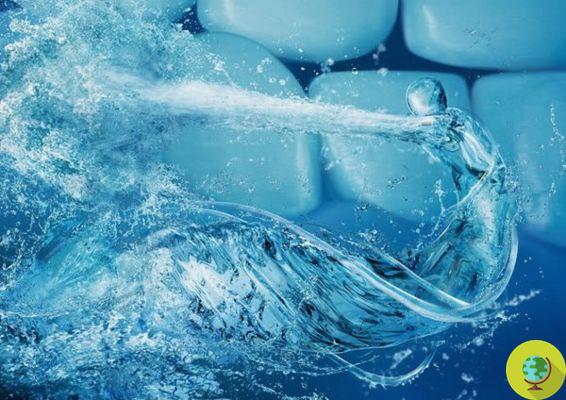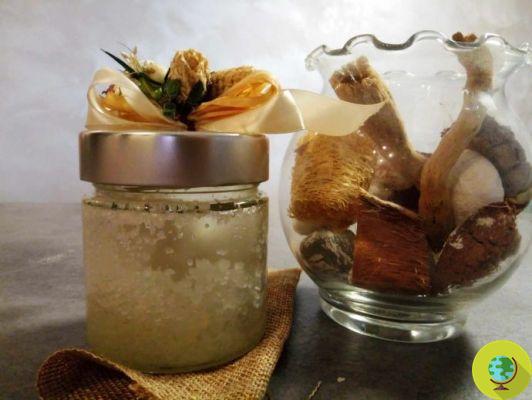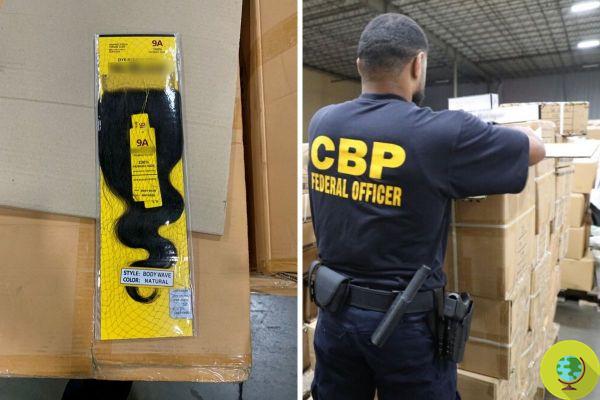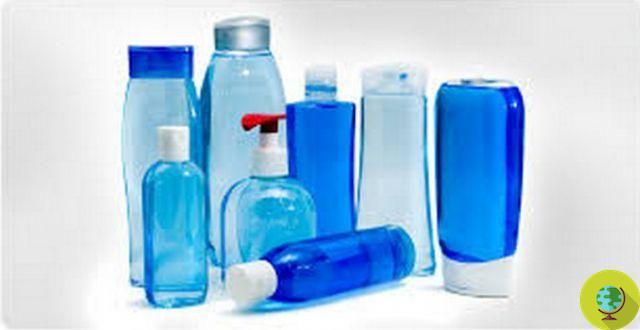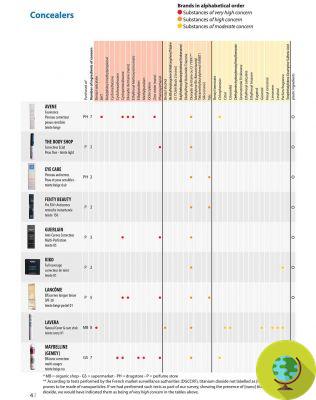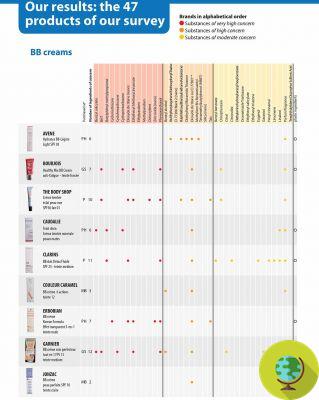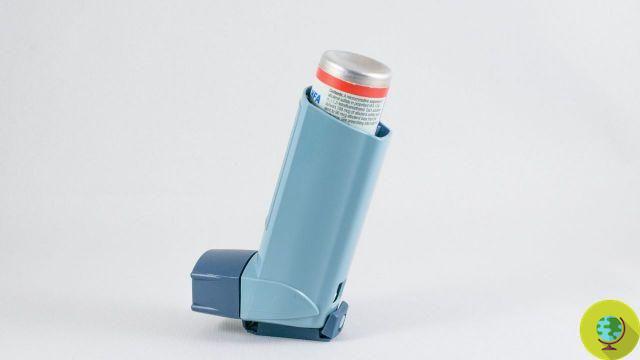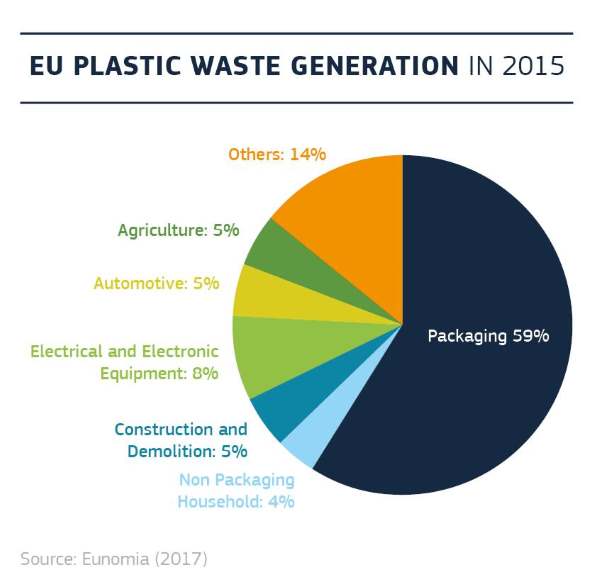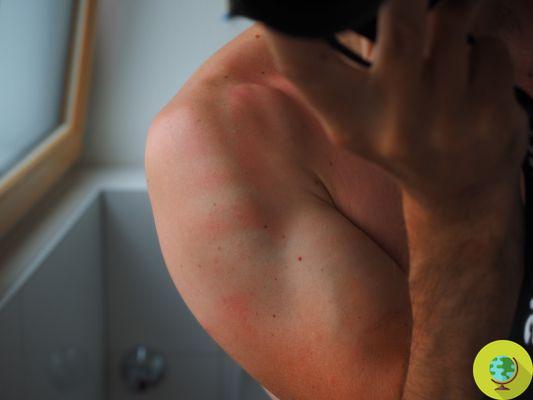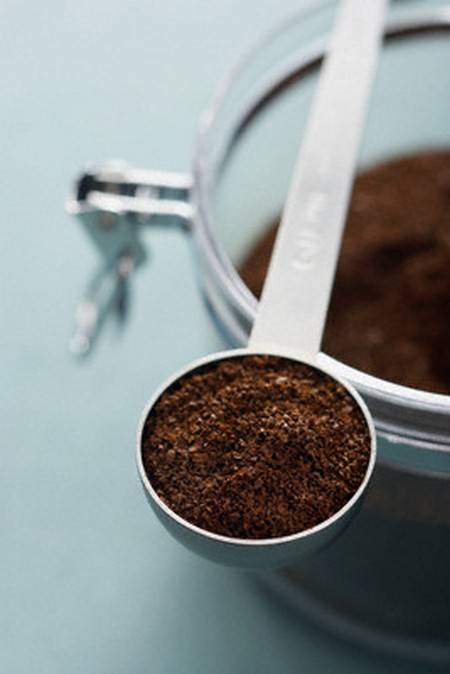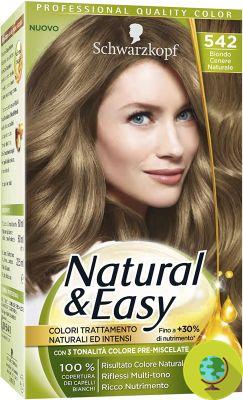Shock study, your makeup is toxic and full of Pfas. That is why the United States Senate is now trying to ban them
Don't store avocado like this: it's dangerousHigh levels of toxic water repellent substances (PFAS) were found in more than half of the waterproof cosmetic products tested by a new study and, as a result, the US Senate has decided to begin the process of banning the use of these substances from production. some tricks.
PFAS are a wide range of man-made chemicals that are becoming more and more present in our life. They offer countless 'practical' advantages (they resist heat, are impermeable to water and oil, are non-stick) which allow for many uses - from the production of tableware to that of clothes and fabrics, but are also used in the production of packaging, detergents and body care products.
Unfortunately, however, the damage they cause to our health is enormous: tumors, hormonal dysfunctions, liver and thyroid damage, infertility, just to name a few; these substances would also increase the risk of contracting the Coronavirus in a severe form. According to a US survey, traces of PFAS have been discovered in the blood of 97% of Americans exposed to contamination from ingested water or food.
(Also Read: Pfas, Researchers Found These In Unsuspected Products You Use Every Day)
As we told you, a recent study conducted on cosmetic products and makeup showed that 52% of products sold in the United States and Canada have high levels of PFAS - which are used to create more compact products, easier to spread or to make the most shiny skin. The highest levels of these substances were found in waterproof mascara (82% of the samples analyzed), foundation (63%) and lipsticks long-lasting (62%). Furthermore, 88% of the products analyzed show no references on their labels to ingredients that may contain PFAS - despite recommendations to do so by the FDA (Food and Drug Administration).
Your make-up is full of PFAS: from lipsticks to foundation, the cosmetics where they are most present according to this new study
PFAS are not required for the creation of cosmetic products. Given the numerous damage they cause, they should be avoided when making personal care products - say i researchers. - Above all, the average consumer does not have the possibility to read the label and understand exactly what substances are in a certain product.
The most common detected is polytetrafluoroethylene, the ingredient more commonly known as Teflon, or the coating on the frying pan. But in all they were identified 13 different PFAS chemicals in more than 600 products from 80 brands.
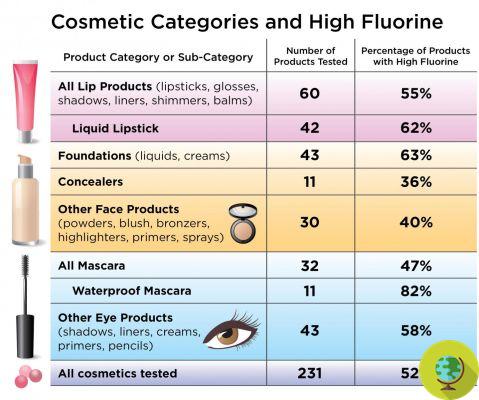
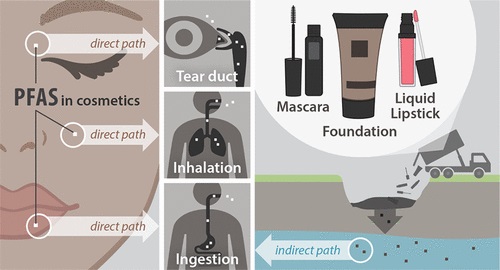
Credits: ACS Pubblications
In response to this shocking study, the US Senate introduced the No PFAS in Cosmetics Act - a provision that should prohibit the use of PFAS in the production of cosmetics.
Americans should be able to trust the products they use on their skin or hair - says the Republican senator Susan Collins of Maine. - To help people protect themselves from further exposure to PFAS, the ban will ban the addition of these substances to cosmetic products.
Meanwhile, on the sidelines of the study, some recommendations have been released to avoid PFAS in cosmetics - how to avoid the use of water-resistant or long-lasting makeup, choose brands that use understandable ingredients, avoid associating the terms organic and natural with a possible high quality of the product.
Fonte: University of Notre Dame, ACS Pubblications / Susan Collins Senate
We also recommend:
- Your make-up is full of PFAS: from lipsticks to foundation, the cosmetics where they are most present according to this new study




